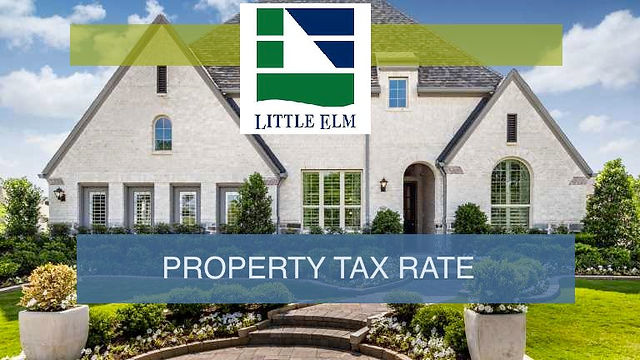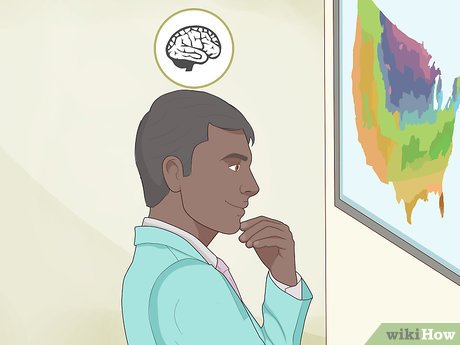
The most important question you should ask yourself when considering Florida's real estate licensing is "What education do I need?" This article will explain how much education is necessary before you can get a license. It will also discuss the time commitment and how to get the best out of your education. We'll also discuss which courses you should take and how much to expect as a result.
Pre-licensing education
Pre-licensing education must be completed before you are allowed to start real estate practice in Florida. To be eligible for a license, you will need to complete at least 63 credit hours of prelicensing education. The courses should cover the law, principles, real estate practice, and mathematics. Some courses will cost anywhere from $100 to $500. To be licensed in Florida you need to have a 70% passing score. Attorneys are not required to take any prelicensing course. Instead, they can sit for a sales associate exam without having to obtain a pre-license.

A variety of companies offer pre-licensing education in Florida for real estate. Some courses are self-paced and include practice exams. Others offer a variety of study aids, such as textbooks and practice exams. No matter which option you choose, make sure that you complete the pre-licensing education requirements of your state. There are many online programs available that provide pre-licensing education for free.
Pre-licensing education cost
Pre-licensing education can cost anywhere from $100 to $1,000, depending on which state you are in. There are many reasons for this, but the most common is that real estate courses require a lot of time and energy to create. Companies that produce these courses must pay their staff to keep the content updated and to keep pace with state legal requirements. While some title companies and brokerages offer continuing education courses for free, they are usually not free as they are longer and more detailed than other courses.
No matter where you live, Florida's pre-licensing education is well worth the investment. A Florida real estate exam consists of 100 multiple-choice questions and the passing score is 75%. There are 45 questions based on real estate law and principles and 10 questions that test your mathematical ability. You can expect to score 75% or more if you study well.
Time required for pre-licensing education
An individual must have a Florida realty license and be over 18 years. They must also complete at least 90 hours of pre-licensing education and a six-hour course in contract writing. They must also have good moral character, and they must declare any criminal convictions. They will not be allowed to apply for a real-estate license if they have been convicted of a felony. It is necessary to have fingerprint clearance. After that, they will need to be approved online by their Broker and complete their continuing education requirements.

All applicants must be at minimum 18 years of age with a US social security number. A high school diploma is required. It is not necessary to have real estate education to become a licensed Florida broker. However, it can be helpful to have the right foundation to help you get started. Florida recognizes licenses issued by a few states such as Arkansas, Georgia Georgia, Illinois, Arkansas and Arkansas. If applicants have a license in Florida as a real estate agent from one of these states, they are eligible for a license. Candidates from Arkansas, Georgia and Illinois must also pass a state exam.
FAQ
How much does it take to replace windows?
Replacement windows can cost anywhere from $1,500 to $3,000. The total cost of replacing all of your windows will depend on the exact size, style, and brand of windows you choose.
Can I purchase a house with no down payment?
Yes! There are programs available that allow people who don't have large amounts of cash to purchase a home. These programs include government-backed mortgages (FHA), VA loans and USDA loans. For more information, visit our website.
Is it better buy or rent?
Renting is typically cheaper than buying your home. But, it's important to understand that you'll have to pay for additional expenses like utilities, repairs, and maintenance. You also have the advantage of owning a home. You will be able to have greater control over your life.
Statistics
- Some experts hypothesize that rates will hit five percent by the second half of 2018, but there has been no official confirmation one way or the other. (fortunebuilders.com)
- Over the past year, mortgage rates have hovered between 3.9 and 4.5 percent—a less significant increase. (fortunebuilders.com)
- This means that all of your housing-related expenses each month do not exceed 43% of your monthly income. (fortunebuilders.com)
- Based on your credit scores and other financial details, your lender offers you a 3.5% interest rate on loan. (investopedia.com)
- When it came to buying a home in 2015, experts predicted that mortgage rates would surpass five percent, yet interest rates remained below four percent. (fortunebuilders.com)
External Links
How To
How do I find an apartment?
When you move to a city, finding an apartment is the first thing that you should do. This takes planning and research. This involves researching and planning for the best neighborhood. While there are many options, some methods are easier than others. Before you rent an apartment, consider these steps.
-
Researching neighborhoods involves gathering data online and offline. Websites such as Yelp. Zillow. Trulia.com and Realtor.com are some examples of online resources. Local newspapers, real estate agents and landlords are all offline sources.
-
Read reviews of the area you want to live in. Yelp, TripAdvisor and Amazon provide detailed reviews of houses and apartments. You can also check out the local library and read articles in local newspapers.
-
For more information, make phone calls and speak with people who have lived in the area. Ask them what they loved and disliked about the area. Ask them if they have any recommendations on good places to live.
-
Consider the rent prices in the areas you're interested in. If you think you'll spend most of your money on food, consider renting somewhere cheaper. You might also consider moving to a more luxurious location if entertainment is your main focus.
-
Learn more about the apartment community you are interested in. How big is the apartment complex? What price is it? Is the facility pet-friendly? What amenities do they offer? Can you park near it or do you need to have parking? Do tenants have to follow any rules?